Postly Pricing Lessons
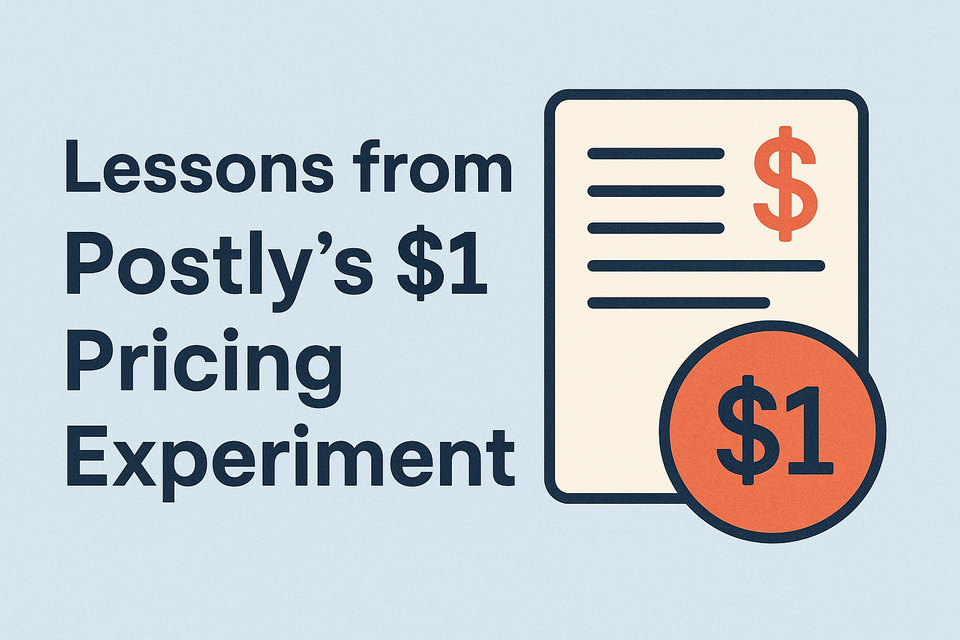
Lessons from Postly’s $1 Pricing Experiment
At Postly, we help teams manage and publish to hundreds of social media channels — from Facebook pages to LinkedIn profiles, YouTube channels, and more.
We’ve always believed in transparent, fair pricing. So earlier this year, we decided to try something bold: a $1 per channel pricing model.
It felt logical. It felt generous. It felt like the kind of thing a customer would love.
We were wrong.
Manage Your Social Media with Postly!
Effortlessly publish to hundreds of channels with Postly’s all-in-one platform.
Try Postly Now🔁 A Quick Timeline of the Chaos
December 2024
We were on bundled plans ($14, $30, $100) — users got fixed numbers of social accounts and unlimited channels. But we were dealing with bugs, and we couldn’t tell if the issue was product-related or pricing confusion.
January 2025
The bugs were mostly fixed. It was time to experiment with pricing.
February 2025
We introduced per-channel pricing:
- $3/channel (Professional plan, 3 users)
- $7/channel (Business plan, unlimited users)
March 2025
To test price elasticity, we dropped it further:
- $1/channel on Pro
- $3/channel on Business
That’s when the chaos really began.
Fraud and Dispute
Fraud and disputes peaked during this period. Many scammers exploited our low prices to test credit cards, leading to disputes and chargebacks. See screenshot below:
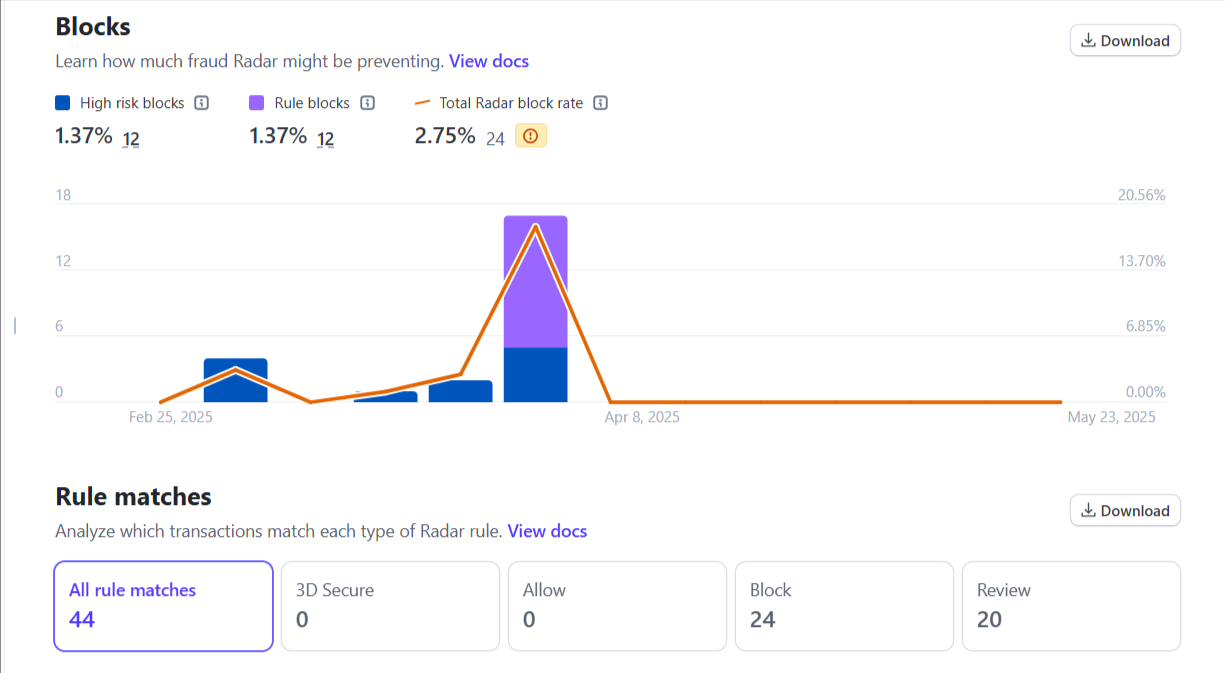
Scale Your Social Media Strategy
Join thousands of teams using Postly to streamline their social media management.
Get Started Today🧠 What I Learned from Charging $1
Here are the key lessons — behavioral, strategic, and brutally honest:
1. Low Prices Attract the Wrong Crowd
When someone pays just $1/month, they’re not always appreciative. In fact, we got:
“$4/month is hectic. I want a yearly plan so I don’t have to think.”
This person was paying $1 and still wanted a discount.
At this level, we attracted:
- Low-intent users who barely used the platform
- High-support volume for minor or non-issues
- Card testers and fraud attempts
The cost of managing these users outweighed their payments.
2. Customers Don’t Always Know What They Want
We thought customers would love the flexibility to choose their channels.
Instead, they felt confused, overwhelmed, and hesitant. They wanted clarity, not endless options.
3. Pricing Signals Trust
Here’s the paradox: the lower the price, the less customers trust your product.
Despite our platform working well, some users thought it was too cheap to be reliable.
4. “Fair” Pricing Isn’t Always Best
We aimed for fairness and transparency, scaling prices with usage.
But customers don’t want fair—they want simple, familiar, and valuable. Changing habits is tough.
5. Cheap Plans Don’t Scale
Our support team was swamped with low-value tickets. Churn spiked. Revenue stalled.
Meanwhile, high-value customers—those with teams and budgets—were turned off by the chaos.
✅ What We Did Next
In April, we made a tough call: return to bundled plans. Simple. Predictable. Familiar.
Our new pricing starts at $16/month for 8 social accounts and scales up, with generous limits and multiple user slots.
Subscriptions have increased. Support tickets have dropped. Customers are happier. Sometimes, stepping back is the way forward.
Simplify Your Social Media Management
Discover Postly’s new bundled plans starting at $16/month.
Learn More🎯 The Bottom Line
Pricing isn’t just a number—it’s a signal, a filter, and a story.
We thought $1/month would drive growth. Instead, it led to chaos, confusion, and the wrong customers.
Before you lower prices to be “accessible,” ask yourself:
- Will this attract my ideal customer?
- Will this scale with my support capacity?
- Does this reflect the value I offer?
Sometimes, charging more means dealing with less hassle.

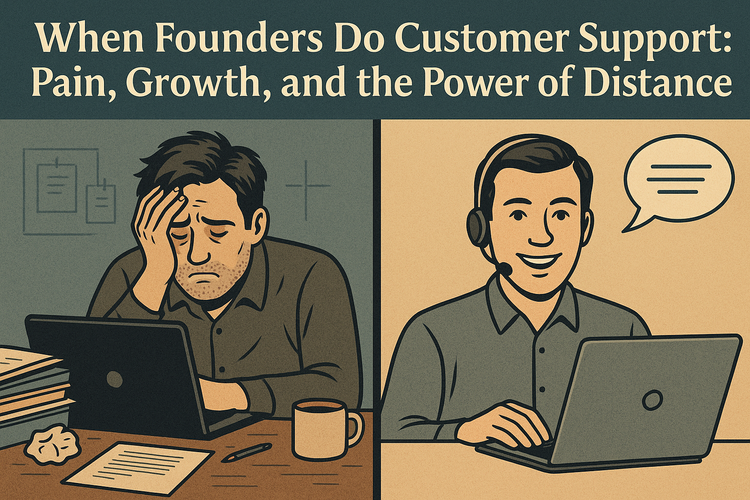
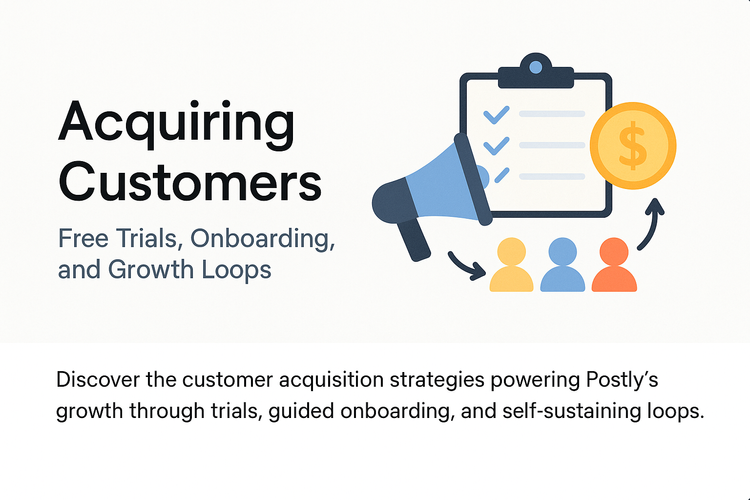
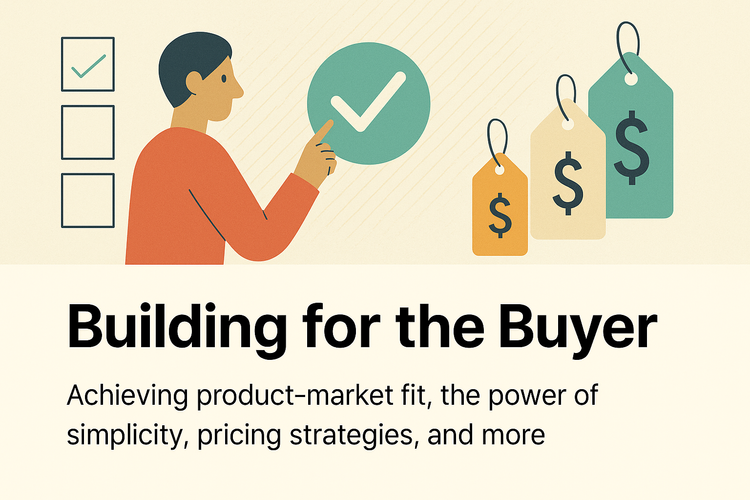
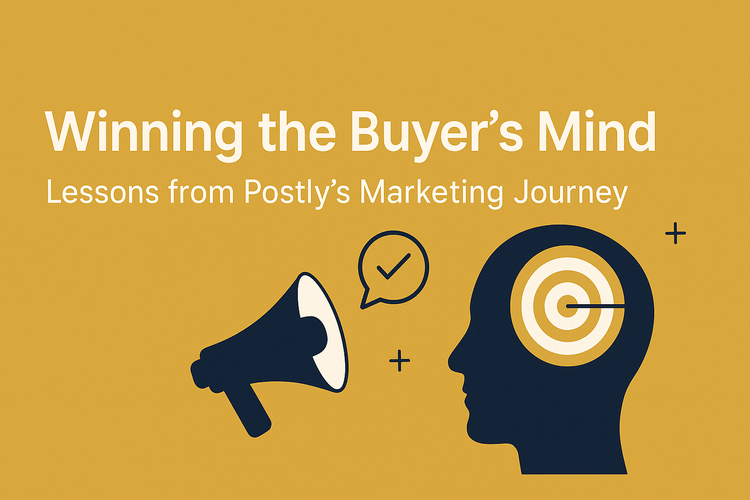
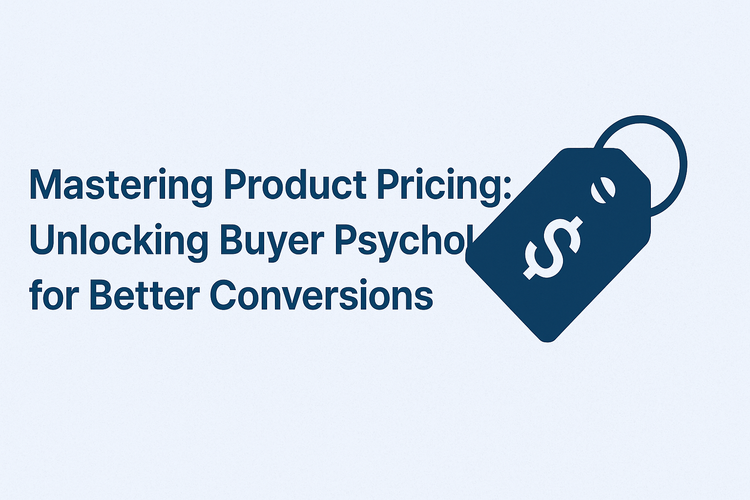
Member discussion